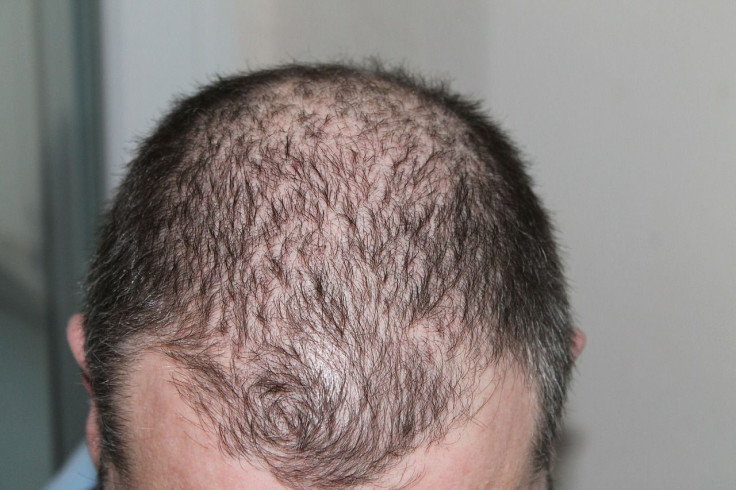You May Be Vitamin D Deficient When Your Hair Starts Showing This Sign

KEY POINTS
- Vitamin D deficiency can lead to certain conditions in the body
- This can lead to a condition called alopecia, which could affect both men and women
- Supplementation can be a recourse when you lack vitamin D
A fat-soluble nutrient, vitamin D, can be easily absorbed and stored in your body’s tissues. A major natural source of this nutrient is the sun. Vitamin D is produced with the help of a sufficient amount of UV light from the sun and your body’s cholesterol. This is why during the winter season, when there is an insufficiency of sunlight, there are many people who suffer from vitamin D deficiency.
An Important Nutrient
The nutrient stimulates calcium absorption in the gut and helps maintain ample phosphate and serum calcium concentrations to allow normal mineralization of the bone. It also helps in preventing tetany conditions arising from low blood calcium levels. This health condition is characterized by spasms of the feet and hands.
Vitamin D enhances your body’s immunity and helps keep your bone strong and your skin healthy. It also helps in stimulating cell growth.
Symptoms of Vitamin D Deficiency
A deficiency in vitamin D could give rise to various symptoms in the body, which includes getting sick or infected frequently, suffering from pains in the back and bones. Vitamin D deficiency could also cause you to suffer muscle pains, and natural healing of wounds may be impaired. It has also been shown to cause depression.
A Sign in your Hair
The nutrient is also responsible for stimulating the growth of hair follicles. This is why if you have vitamin D deficiency, you may start noticing a thinning of your hair and in worse situations, hair loss. In fact, vitamin D deficiency can cause a condition called alopecia. This condition is characterized by spot baldness.
Alopecia results because vitamin D is vital in hair cycling. The receptor that is found in vitamin D is the one that helps in treating hair disorders. In fact, both men and women can suffer from alopecia whenever they are deficient in vitamin D.
If you lack vitamin D, you can opt for supplementation. The suggested amount of vitamin D is between 400IU to 800IU per day. However, there is recent research that suggests that the safe amount is at 10,000IU per day.
© Copyright IBTimes 2024. All rights reserved.





















